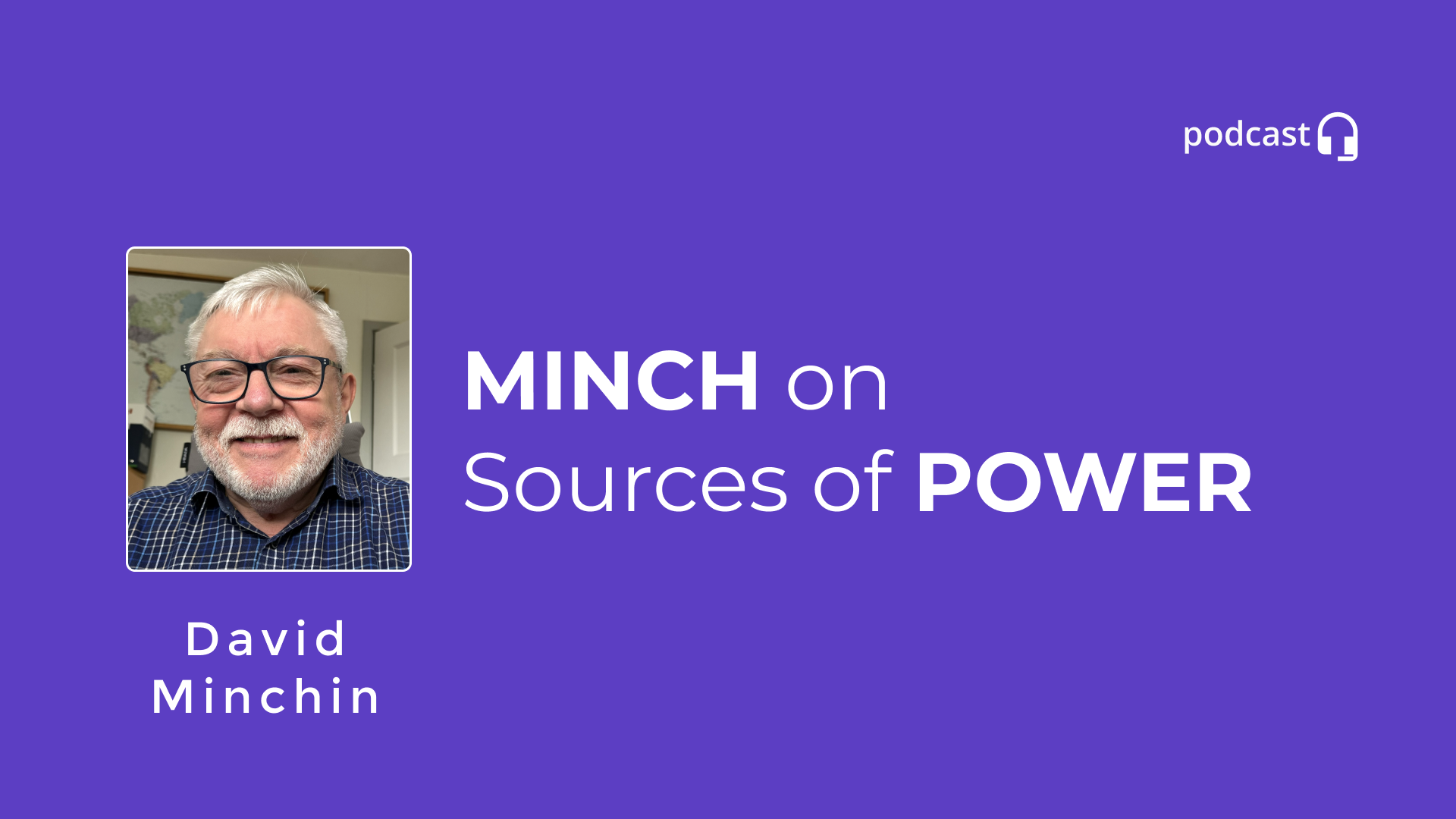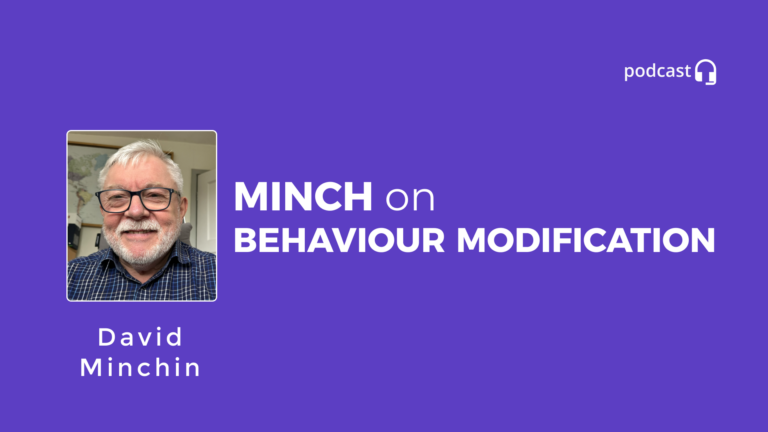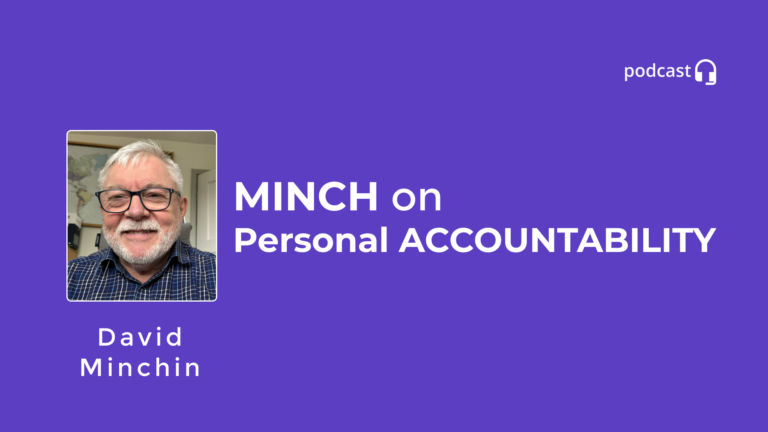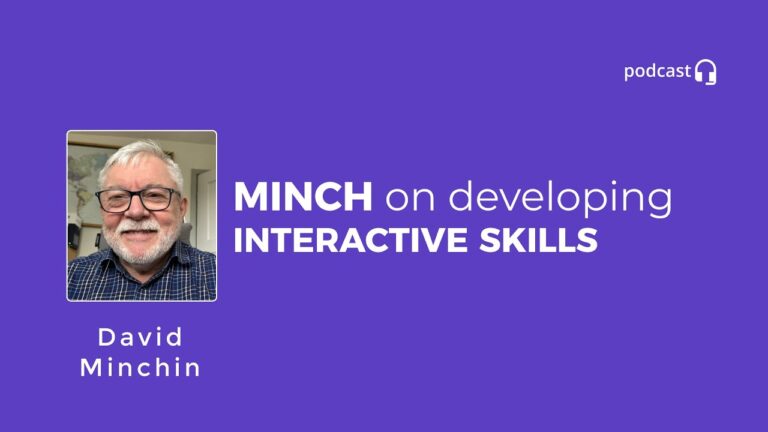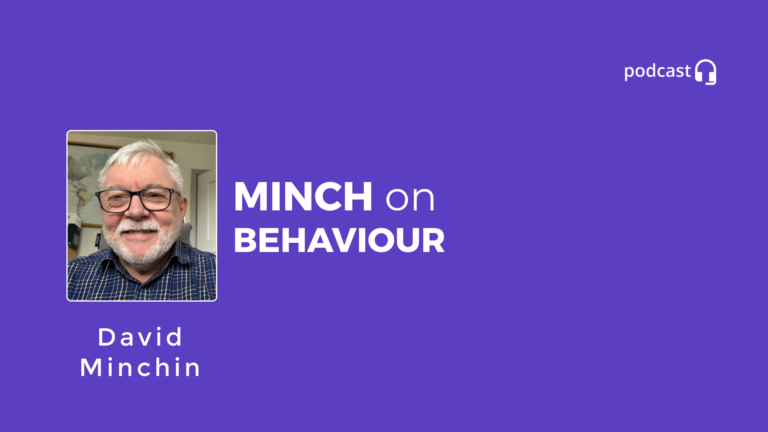MINCH on Sources of Power
by David Minchin
So, my podcast is designed to cover topics that may be helpful as a reminder to some and also for those who haven’t picked up the information along their journey so far.
Many of the topics apply not only to working life, but also to social interaction, answering some of the questions about why people do and say certain things in different situations.
This topic is Sources of Power, the word power is often viewed as threatening, principally because some people have been subject to an abuse of power at some stage in the past.
In fact, power is a neutral concept, how power is used dictates its effect and allows us to influence and persuade others.
Let’s have a look at a couple of definitions. These aren’t the only definitions, just examples.
Firstly, the word power, power is the force, quality and energy which enables us to influence others. Then the word influence, Influence is the process by which an individual or group causes others to modify or change their opinions, their attitudes or behaviours.
How power is used depends on a variety of factors. These include the values, culture and management style of the company.
The personalities and the interpersonal styles of people and the nature of relationships between them.
So let’s have a look at the sources of power.
I have seven that I’d like to share with you.
Formal or Positional power.
This comes from an individual’s role and status within a company or organisation. It could also be the position in the family. Father or mother or another role that is head of the family, it could also apply within a social group or a Sports Club. The power coming from the position that you hold.
Reward or Coercion.
This springs from the capability to use incentives or to issue penalties in order to influence people. This Power can wrongly be exhibited as aggression or more indirectly exerted through the removal of status or privileges.
To use this properly and in a non threatening way, we would need to know what motivates the individuals concerned.
Expert power.
Power that comes from the specialised knowledge or skills of an individual that can be contributed or in fact withheld. This becomes very apparent with a team full of highly technical individuals managed by someone who isn’t. I’ve been there! Or for example when your friend is a plumber and you need help.
Information power.
This revolves around being able to selectively control the flow of information. This may be horizontally or vertically. For example, someone with little formal authority, but let’s say they’re involved in the planning of the surprise visits to supermarkets by a senior executive or a mystery shopper. We have all seen the supermarkets when the senior manager is visiting, there are loads of staff on duty, the shelves are all stacked, everything’s neat and tidy. So the information has come from somewhere… but who knows where … anyway that’s just an example of informational power.
Network power.
People with a broad network of contacts can generate power. The old “It’s not what you know, but who you know” syndrome. Can be useful in work and sociably can also be a way of finding out information, getting help and can work both ways.
Personal power
This may be gained through an individual being reliable, trustworthy, honest, and likeable. Personal power is all about someone’s personal qualities or dare I use it, the word Charisma. Now, we could spend hours talking about what charisma means, but I think everyone’s got an idea what it means to them, someone might say. It’s when she walks in the room or he walks in the room, it lights up. I don’t think I’ve ever been that person, to be perfectly honest, but you know what I mean. Other people do things for them simply because they like or admire them.
Negative power.
We all have known these people, we still may know these people, we may be one of these people! This is the capacity to stop things happening by delaying or disrupting them. It’s generally exercised when individuals feel no source of power is available to them and can be an expression of their anger, frustration, or low morale. There are some examples of rumour mongering, passive resistance and withdrawing labour.
We shouldn’t underestimate the power of this negative behaviour as it can have a lot of influence over others.
Please listen to MINCH on Sources of Power as a refresher.

